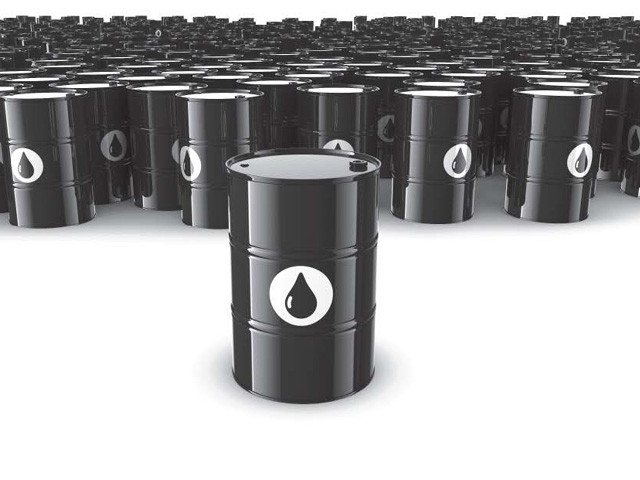Passing the buck: Govt in a fix on rising oil prices
Refineries’ margins likely to be hit as government looks to shore up its revenues.

International oil prices have remained on an uptrend since September, with a brief decline in November, before continuing on their upward trajectory. This has helped improve refining margins, although lags and a revision in pricing in the previous quarter caused margins to contract.
Industry capacity utilisation has remained subdued in the first half of the current fiscal year, with a Capacity Utilisation Rate (CUR) of 66 per cent as opposed to 72 per cent in the same period last year. In terms of energy products, production has declined by 9 per cent, while production of non-energy products is up by 2% over Jul-Dec’09.
Major factors contributing to subdued performance have been recent super flooding causing Parco to suspend production and the ongoing circular debt issue constraining the industry’s liquidity. Parco, accounting for 33% of total industry capacity, saw throughput decline by 28 per cent over the same period last year with Byco and PRL following suit, their production down 43 per cent and one per cent respectively. NRL however increased production by 26 per cent during the period, and ARL by 8 per cent offsetting Parco’s decline to some extent.
Although demand remains high, with refined products contributing 17 per cent of Pakistan’s import bill during Jul-Dec’10, floods coupled with circular debt and other regulatory issues have kept throughput subdued.
In an environment of up-trending international oil prices and a strong domestic resistance to increasing fuel costs, the government has had to keep consumer prices stable by cutting down its own revenues through the petroleum levy. However, with the trend persisting, it has looked to other avenues to decrease prices, with the onus shifting now towards refineries. The government is reportedly considering a gradual phase out of the 7.5 per cent deem duty on HSD, a major profit driver for refineries. A complete phase out could be disastrous for the already struggling refineries.
With recent revision in refinery pricing formula, and now talk of doing away with 7.5% deemed duty on high speed diesel, regulatory risk profile for the sector has become high. Furthermore, with no resolution to circular debt in sight, and no clear indication from authorities as to a timeline for dealing with the issue, the industry will continue to struggle, with the liquidity crunch hampering operations. However, given up trending oil prices translate to higher refining margins, ample demand, and the sector’s strategic significance, the industry should recover favorably although at a slow pace given a resolution to circular debt.
Published in The Express Tribune, March 21st, 2011.



















COMMENTS
Comments are moderated and generally will be posted if they are on-topic and not abusive.
For more information, please see our Comments FAQ